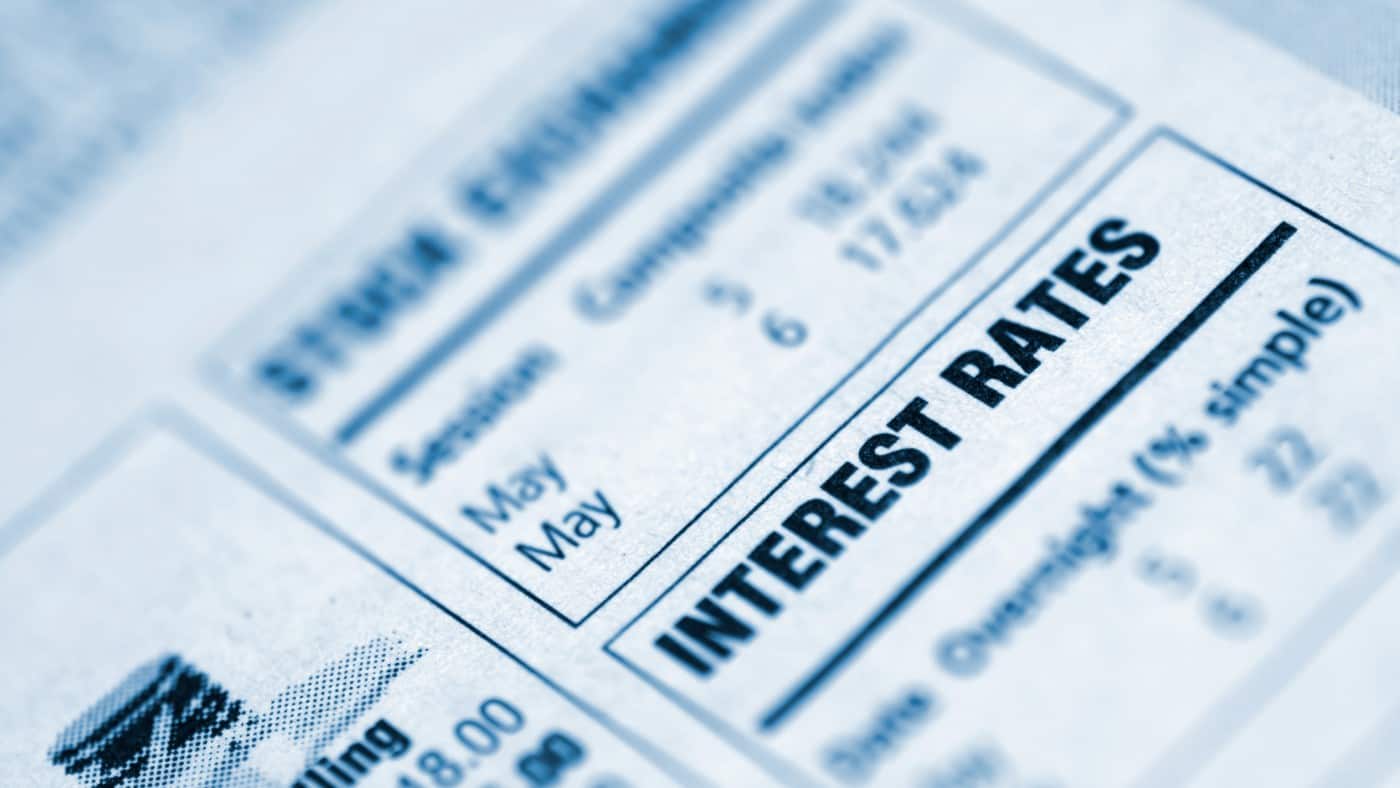The question is not whether the Bank of England will raise interest rates again when it meets early next month; the question is by how much. Right now, a hike of 0.75% appears to be the consensus forecast among economists and the media.
Regardless, things are only going one way. By the end of the year, the base rate is expected to be above 4%. By July 2023, it could be as high as 5.5%.
Does all this mean I should aim to hold a bigger proportion of my wealth in cash? Not a bit of it.
The benefits of cash
Now, don’t get me wrong — there are a couple of very valid reasons for tucking some of my money away in the bank.
One of these is the idea of having an emergency fund for life’s little (or not-so-little) emergencies. Whether it’s a broken boiler, a car repair, or a temporary period of unemployment, having cash to cushion the blow makes perfect sense.
Even if I don’t need to use this cash, there’s something very comforting about knowing the balance of my account won’t change between going to bed one night and waking up the next day.
Given this, I would certainly make a point of seeking out the best rate I could get. Staying in an account where the interest rate isn’t competitive doesn’t make sense to me, especially as transferring over to a new provider doesn’t take much effort.
The silent killer
Beyond having an emergency fund, however, I don’t hold cash. The main reason for this has been one of the main talking points in 2022.
Right now, any money in the bank is being (rapidly) eroded by inflation. Just in case you weren’t aware, the latter hit 10.1% in September. In other words, I could have my money in the best instant-access saving account on the market (currently 2.5%) and it would still be losing a lot of value.
This is why the vast majority of my wealth is in stocks, including a few that generate truly passive income in the form of dividends. It’s these that are looking particularly attractive at the moment.
Why shares are my priority
Right now, there are many blue-chip companies yielding far more than the interest rates on offer from savings accounts. Insurer Legal & General is forecast to yield 8.4%. Telecommunications titan Vodafone offers 7.9%. Many UK housebuilders have double-digit dividend yields!
What’s more, holding everything in a Stocks and Shares ISA ensures I won’t pay any tax on this income or any profit I make if the bits of companies I own are worth more when I eventually sell.
Please note that tax treatment depends on the individual circumstances of each individual and may be subject to future change. The content of this article is provided for information purposes only. It is not intended to be, neither does is constitute, any form of tax advice. Readers are responsible for carrying out their own due diligence and for obtaining professional advice before making any investment decisions.
No sure thing
Naturally, there are some ‘costs’ I always need to keep in mind as I continue to buy. As has been evident in 2022, stock prices can be volatile. Those dividends can’t be guaranteed either, particularly if a company goes through a sticky-patch trading-wise.
And this is precisely why I adopt a long-term mentality when it comes to investing. I’d much rather endure these things now and benefit from the brilliance of compounding later down the line.
I’ll be watching next month’s decision with interest. But moving my money to the perceived ‘safety’ of a cash savings account isn’t on my ‘to-do’ list.








